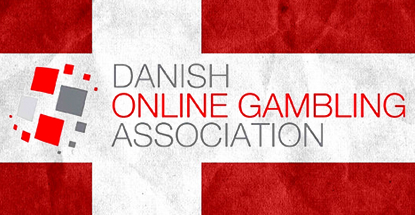 The Danish Online Gambling Association (DOGA) says one in seven Danes continues to play with sites not holding a Danish license.
The Danish Online Gambling Association (DOGA) says one in seven Danes continues to play with sites not holding a Danish license.
Denmark’s regulated online gambling market grew 20% in 2014 and the country’s transition from a monopoly enjoyed by state-owned firm Danske Spil to a competitive online gambling market has been celebrated as a model for other European states to follow. But a new DOGA survey says sites licensed outside Denmark continue to enjoy significant popularity.
DOGA enlisted the MyResearch agency to conduct a survey of 4,131 Danish adults’ online gambling habits. The survey, conducted over a couple weeks spanning April and May, found that 21% of respondents had placed an online sports wager, while online poker and casino games each notched participation rates of 8%.
Of these online gamblers, 14% had patronized international sites not holding a Danish license. Sports betting attracted the lowest international participation rate (8%), while casino (23%) and poker (27%) scored significantly higher. Internationally licensed sports betting sites captured 10% of total Danish online gambling spending, rising to 17% for casino and 19% for poker.
The survey found that Danes who patronized these international sites skewed younger and more female than those who played exclusively on Danish-licensed sites. Over one-fifth (21%) of female gamblers had wagered with international sites compared to just 12% of male gamblers.
On average, players who patronized international sites spent DKK 2,863 (US $426) per month gambling online, nearly five times the DK 584 spent by their more patriotic counterparts.
DOGA CEO Morten Ronde said the survey underscored the need to determine what attracted Danes to international sites. Ronde suggested the Danish Gambling Authority (DGA) should allow its licensees to offer “a broader product scope – i.e. online bingo and instant lottery games” while operators should provide “a better digital user experience.” Ronde also suggested the DGA do more to educate Danes about which sites are considered kosher.






